The criminal justice perspective – live oral evidence is the best evidence (or is it?)
Our largely oral-based and delay-prone criminal justice process is not designed to deliver the best possible evidence from vulnerable witnesses, or to avoid their re-traumatisation through participation in the criminal justice process itself, as far as possible. Live oral evidence, especially in response to cross-examination, is still seen as superior to written or otherwise pre-recorded evidence, just as it was when this was written c 1900: –
“Cross-examination is the greatest legal engine ever invented for the discovery of truth” – John H. Wigmore, quoted in “Evidence in Trials at Common Law” (JH Wigmore, J H Chadbourn and WA Reiser), published by Little, Brown USA in 1974), at page 32
This reliance on oral evidence may have made some sense in times past in which more general communication was oral and in which the delay between the offence occurring and the witness having to give evidence about what happened in court was generally much less.
The delay point is well illustrated by the Ruth Ellis murder case in England in 1955: the murder was committed on 10th April, admittedly in front of several witnesses. Arrested on the spot very soon afterwards, Mrs Ellis was charged in the Magistrates Court within hours. Her trial for murder began in the Central Criminal Court (the Old Bailey) on 20th June 1955. After a trial lasting two days, a verdict of guilty was returned and the mandatory death sentence was passed. She did not appeal, but a detailed letter was sent to the Home Secretary on her behalf asking him to commute the death sentence. He refused the request and Mrs Ellis was hanged on 13th July 1955, three months after the murder . So short a gap between offence and execution of sentence after trial of so serious an offence would be unimaginable now in either the UK or Ireland.
The reality now is that the gap between offence and trial is very much longer, even in cases of “recent” rape and sexual assault: it is more likely to be measured in years than in months. With the advent of the internet and electronic communications, there is much less reliance on detailed individual memories of events and conversations because they are not needed as they were before, many gaps in recall may now be filled by looking up the internet or consulting other (mainly electronic) records. It is time to ask why our criminal justice system does not ensure that victims of serious offences, including sexual offences, can give their evidence much closer to the time that the offence(s) happened. It is also time to ask whether, at the very least, the most vulnerable of these witnesses should not be able to avoid the ordeal of giving live evidence at trial at all but should instead have the opportunity to give all of their evidence, including evidence in response to cross-examination, much earlier in proceedings.
Modern cognitive and forensic psychology findings* underlie the conclusions of reforming judges such as Lord Carloway, Scotland’s current Lord Justice-General (most senior judge), that “a person’s memory does not improve over time or being put under stress”. In short, Wigmore’s view of cross-examination as an effective forensic tool honed to elicit the most accurate evidence is psychological nonsense. There is now much more understanding of the negative effects which factors such as the trauma of the offence itself and the delay between offence and trial may have on the accuracy of memory and on the ability of the witness to find the emotional strength to share their memory of what happened in court. It is time for the criminal justice system to adapt its structures and procedures to accommodate the needs of all vulnerable witnesses in line with the findings of the latest and best quality scientific research in this area.
* There is a wealth of material on this topic. One very useful compendium of views is “Addressing Vulnerability in Justice Systems” (ed Cooper, Hunting) London (2015), published by Wildys, information is available here.
Caroline Counihan
Legal Director, RCNI





